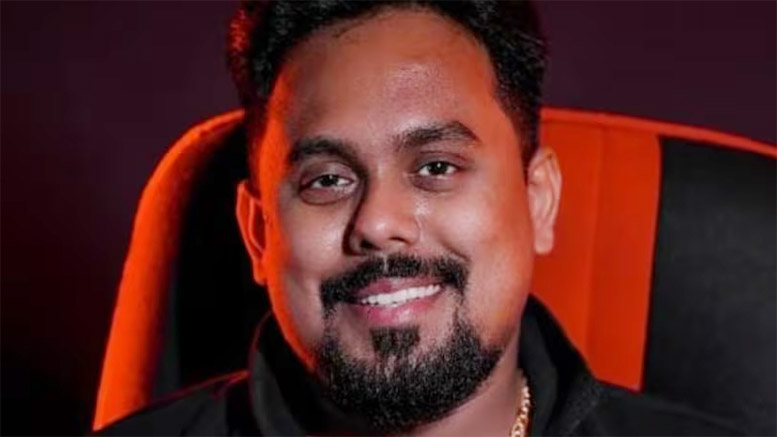
Srinagar, Sept 20: A viral video clip of Muslim students being forced to sing Hindu hymns in government-run educational institutes in has triggered a controversy in Muslim-majority Kashmir valley.
In a 1.45-minute video clip from a school in south Kashmir, students were seen singing ‘Raghupati Raghav Raja Ram’ in classes as part of the preparation for the upcoming Gandhi Jayanti.
First to react to the video was former chief minister and Peoples Democratic Party president Mehbooba Mufti, who termed the incident as the “real Hindutva agenda of the Government of India.”
“Jailing religious scholars, shutting down Jama Masjid and directing school kids here to sing Hindu hymns exposes the real Hindutva agenda of GOI (Government of India) in Kashmir. Refusing these rabid dictates invites Public Safety Act and Unlawful Activities (Prevention) Act (UAPA). It is the cost that we are paying for this so-called ‘Badalta J&K’,” she tweeted.
While sharing the video on her Twitter handle, Mufti said: “India is a democracy and every community lives with rights. The Constitution allows all communities to follow their religion. This precisely was the reason that J&K, despite being a Muslim majority, decided to be part of India and not Pakistan in 1947. Our religion too is a target now. Kashmir is being made a laboratory of a rabid Hindutva agenda.”
Muttahida Majlis-e-Ulema (MMU) Jammu and Kashmir, a representative amalgam of religious social and educational organizations, while strongly objecting to the enforcement of singing Hindu hymns in schools, said: “This matter is a cause of great concern and an attempt to undermine our religious identity.”
“Protection of our religion and Islamic identity is as Muslims our fundamental religious responsibility; and deliberate interference in this by the government, education department or any other agency will neither be accepted nor tolerated,” the MMU spokesperson said in a statement.
“It is becoming clear that there seems to be a deliberate plan to push our young generation through state-run educational institutions towards apostasy, to wean them away from Islamic beliefs and identity, to speed their so-called ‘integration’, with the Hindutva idea of India. This is a very serious matter,” it added.
However, the reaction of the National Conference, led by Omar Abdullah, over the controversy was muted. Neither Omar, not any of the senior NC leaders issued any statement on the issue.
Additional spokesperson of the NC, Imran Nabi Dar, in a tweet said, “Somewhere in South Kashmir, these children are being MADE to sing Hindu devotional songs. Have our education institutions been turned into a political tool? The video is self-explanatory.”







Comments
Add new comment